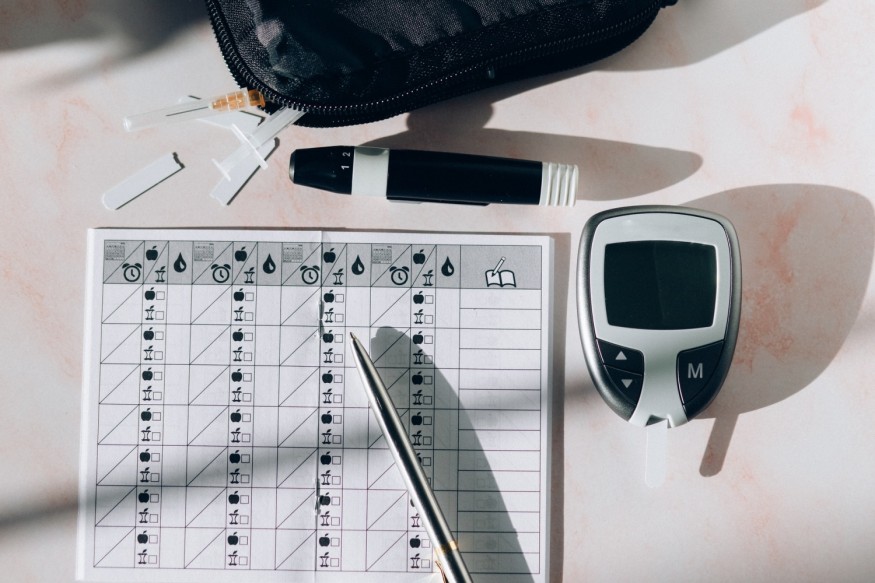Over a year ago, when COVID-19 first made its way across the planet, doctors noticed how diabetes was one of the health conditions that made people more susceptible to the SARS-CoV-2 infection.
Link Between Diabetes and COVID-19
Studies show that patients with diabetes are three times more likely to develop severe COVID-19 infection than their non-diabetic counterparts and are two to three times more likely to die from it.
In addition, doctors noticed that some patients with no history of diabetes developed severe diabetic symptoms while struggling with COVID-19, with cases remaining diabetic after recovering from the infection.
In a meta-analysis of 8 studies published in November, researchers found that 14% of hospitalized COVID-19 patients developed seemingly "new-onset" diabetes.
Whether SARS-CoV-2 directly triggers diabetes is still the subject of heated scientific debate. However, many theories suggest a link between diabetes and COVID-19.
Theories on How COVID-19 Effects Diabetes

Several factors are being considered such as how acute illnesses tend to disturb the body's glucose metabolism. COVID-19 treatments could also impact blood sugar levels, and a series of conflicting data on whether SARS-CoV-2 can disrupt insulin-producing cells in the pancreas have been shown.
Francesco Rubino, chair of bariatric and metabolic surgery at King's College says, "The relationship between COVID-19 and diabetes is very complex," adding, "and it might involve more than one issue"
Rubino, two of his King's colleagues, and Paul Zimmet, co-author of the meta-analysis, have established an international registry, CoviDLAB to compile detailed case historied in COVID patients.
While the study is underway, Rubino and Zimmet have three theories on the link between diabetes and COVID-19.
1. COVID-19 Directly Attacks Insulin-Producing Pancreatic Cells
Diabetes, at its core, is the insufficient production or response to insulin--the hormone that modulates glucose levels. Whether or not COVID directly attacks and destroyed beta cells in the pancreas which produce insulin isn't definitive.
However, a study published last year at Cornell University (A Human Pluripotent Stem Cell-based Platform to Study SARS-CoV-2 Tropism and Model Virus Infection in Human Cells and Organoids) shows that insulin-producing cells in a lab expressed ACE2 receptors which were used by SARS-CoV-2 to enter human cells and invade pancreatic beta cells.
2. COVID Indirectly Attacks Insulin Production
While scientists are analyzing whether COVID directly enters beta cells, evidence suggests that it can attack other parts of the pancreas.
Alvin Powers, a researcher from Vanderbilt University says, "One could envision a scenario in which the virus could affect these micro blood vessels and beta cells could die," he adds that it is also possible for the virus to infect other areas of the pancreas thereby inducing inflammation and disruption of insulin production.
3. Acute Illnesses Can Cause Diabetic Symptoms
For decades, doctors have known that severe health events such as stroke, trauma, heart attacks, and pneumonia can cause blood sugar levels to spike in a condition known as hyperglycemia.
Stress-induced hormones such as adrenaline and cortisol are also believed to cause elevation, which subsides when patients recover.
There is no doubt in researchers that severe cases of COVID-19 can impose the same stress on the body which raises blood sugar levels in patients despite not having any diabetic history.
Check out more news and information on COVID-19 on Science Times.
© 2026 ScienceTimes.com All rights reserved. Do not reproduce without permission. The window to the world of Science Times.











